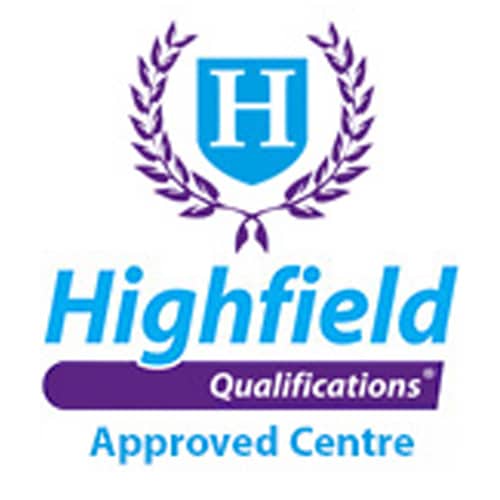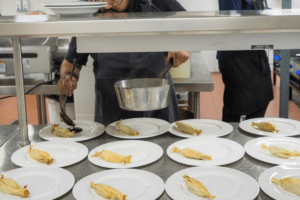How To Deal With A Food Poioning Claim
What is alleged food poisoning?
An alleged food poisoning case is when a customer claims that food consumed from your business has made them ill.
Why is it essential to handle alleged food poisoning claims carefully?
Reputation is critical to any business. Therefore any suggestion that unsafe food has been produced at your premises can have severe consequences. Apart from the potential threat of prosecution for serving unfit food, nobody wants to be the one responsible for causing illness, long term health problems or even death in extreme cases.
The issue with identifying food poisoning is that its most common symptoms, namely diarrhoea and vomiting, are often associated with other problems such as those that are viral. Examples of this would be Norovirus or illness due to food intolerance. Therefore it is a common misconception that illness was a result of the last meal eaten!
Unfortunately, some people have ulterior motives behind such allegations. Therefore if such a complaint is received, it is vital to establish if it is justified. If things have gone wrong, did the issue originate in your business or is it part of a more extensive food safety issue?

Do you have to inform the Environmental Health?
If it is just one person that has complained, generally it is not necessary to contact your local Environmental Health department.
However, if there is more than one person affected or you receive multiple complaints of a similar nature, it would be prudent to contact Environmental Health as soon as possible for advice and guidance. Afterall, Environmental Health Officers (EHO’s) are there to help and assist you and would be grateful to be made aware in the early stages.
What questions should you ask the customer?
It is essential to stay calm. Gather as much information as possible and do not, at any point, suggest that you have potentially served unsafe food.
Information to gather should include: –
- Their full contact details
- What food they ate
- When did they eat the food?
- Did others eat with them?
- What symptoms they suffered, and when did they start?
- Was anyone else ill from their party?
- How long did the symptoms persist?
- Have they contacted their GP? If not, they should do so as quickly as possible. They may be required to provide a stool sample for analysis.
What information do you need to collect?
It is important that you systematically carry out your investigation into the allegation; below are some things to consider:
- Stop serving any food that is suspected of causing the alleged illness.
- If there is any of the food left, you should keep it separate and clearly labelled.
- Don’t throw any of the food away; keep it for possible inspection and analysis.
- Find out when the food was delivered.
- Which supplier was the food purchased from?
- What condition were the goods in at the point of receipt?
- How was the food stored, and was it stored correctly, e.g. at the correct temperature?
- When was the food prepared and served?
- Which food handlers processed the food and have they been off ill or experiencing any symptoms?
- What process and equipment were used?
- Number of people who may have eaten it
- Details of the food safety management system, including any monitoring records, where all controls in place and being adequately monitored
- Was there anything else that may have contributed to the incident? For example, any food product recalls.
What paperwork do you have to complete?
It is good practice to keep a record of any customer complaints as part of your documented food safety management system. If possible, maintain an alleged food poisoning checklist. Record all information given and details of your in-house investigation. Most importantly, keep a record of any corrective action undertaken.
In addition, keep on file any correspondence you had with the customer. It is also a good idea to advise the customer on the outcome of your investigation.
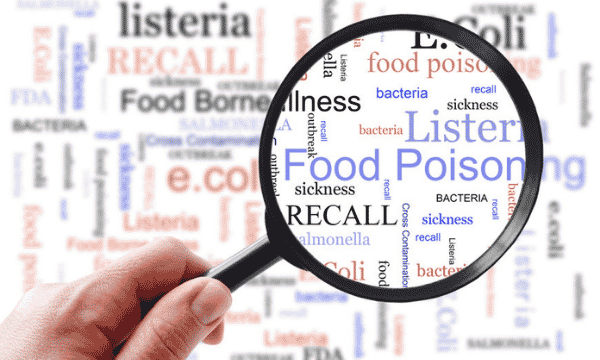
What will the Environmental Health Officer do?
Always co-operate with the EHO and let them guide and assist you in any investigation. Remember, at this stage, the alleged incident may not have been your responsibility. Although the EHO is looking to determine if there have been any breaches of relevant food safety legislation, they are mindful that such a complaint may have been malicious and unfounded.
The EHO will want to review all stages of food preparation and production, including cleaning schedules and documentation held. They may take food and environmental samples. It is vital to act upon any advice they provide and that you deal with any identified failings in your operation swiftly. Ultimately, they need to be satisfied that you are producing safe food.
Need Help With a Food Poisoning Allegation?
Envesca can assist you in the management of any food poisoning allegations. We contact the customer, discuss their experience and gather information, including details of your food preparation method and records that have been maintained.
Our findings are reported back to both you and your customer. In the case of a confirmed outbreak, we will help you liaise with customers and enforcement authorities as necessary.
If you have a question or enquiry about food safety, please call the team on 01452 502113 or complete our enquiry form.
Find this helpful?
Signup to our email notifications to receive alerts when we publish new blogs. We promise not to spam your inbox, you will just get a short snappy intro to Health and Safety articles we think you will love.
"*" indicates required fields
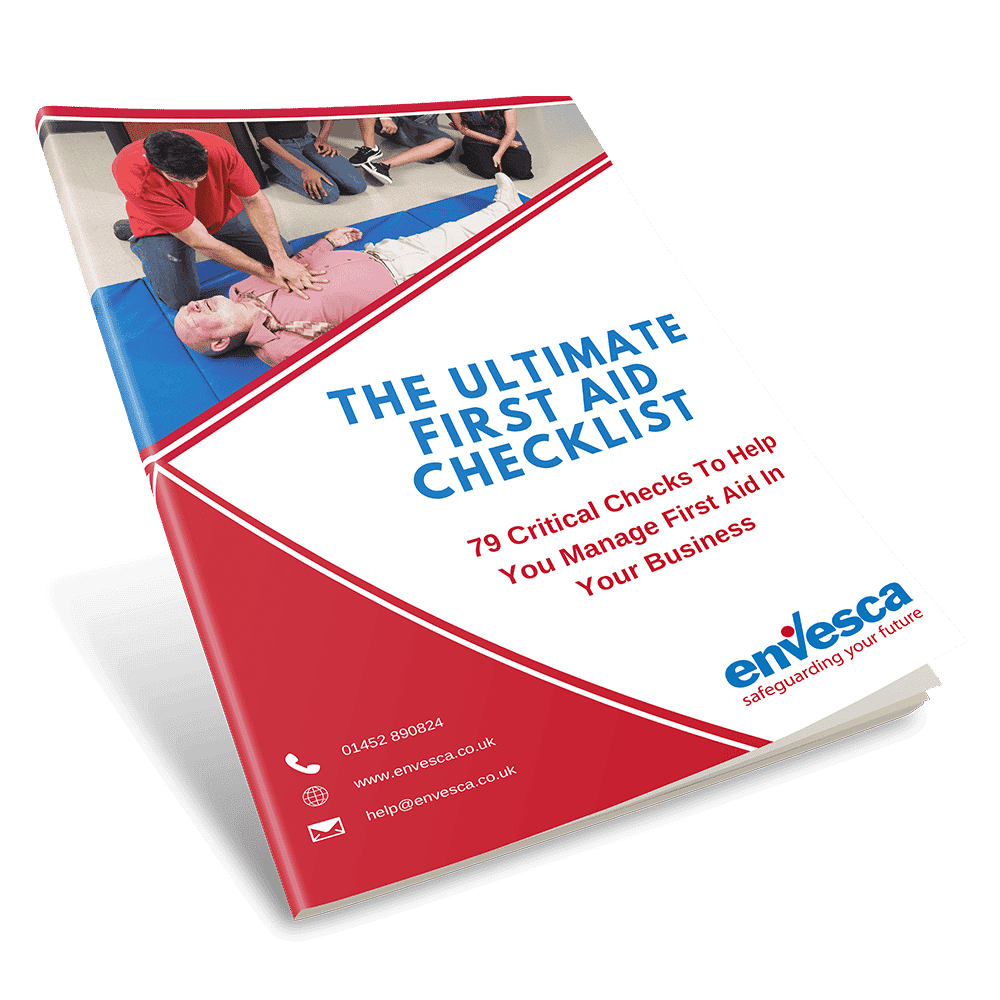
The Ultimate First Aid Checklist
If you are an appointed person or first aider for your company you should carry out regular checks of your business to ensure that your first aid facilities are up to date. This comprehensive checklist will help you ensure you have everything covered! Get your FREE copy now.
If you’ve got a question or query, please contact our super friendly team, they will be delighted to help you!
Simply get in touch via phone or email.
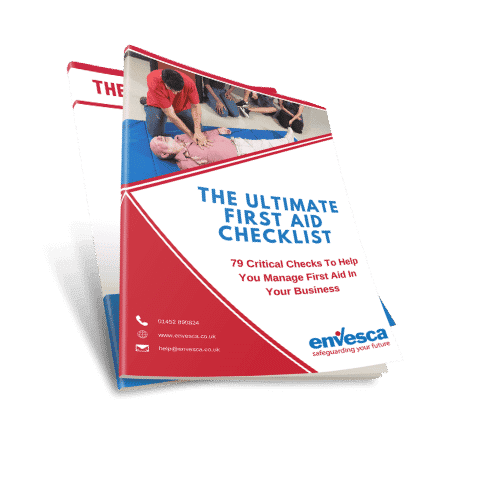
Free
Resources &
Downloads
Informative. Useful. Practical.
Here at Envesca we believe that we are good at giving proactive, sensible and useful advice. Below you will find some free resources that you can download on a host of subjects that will help you and your business.
Training Available
Envesca offer a number of different training courses, which offer advice and guidance on these topics.

